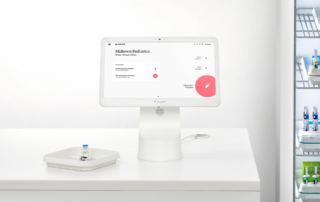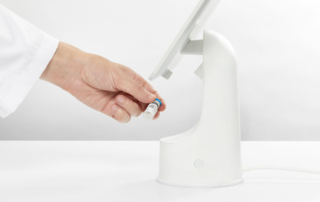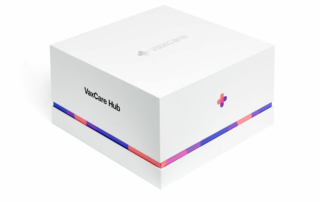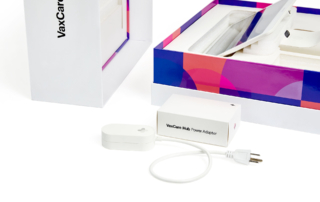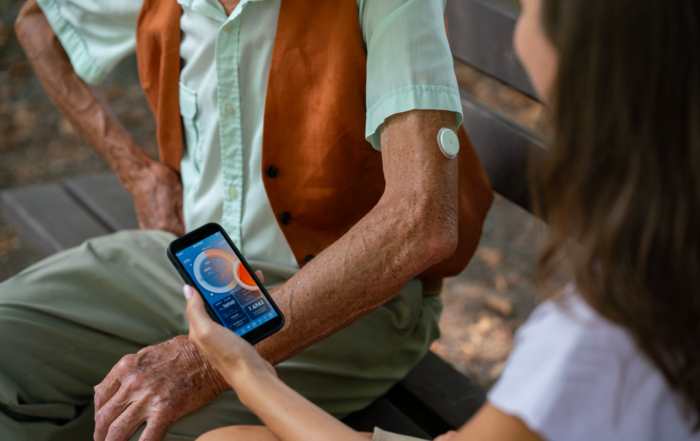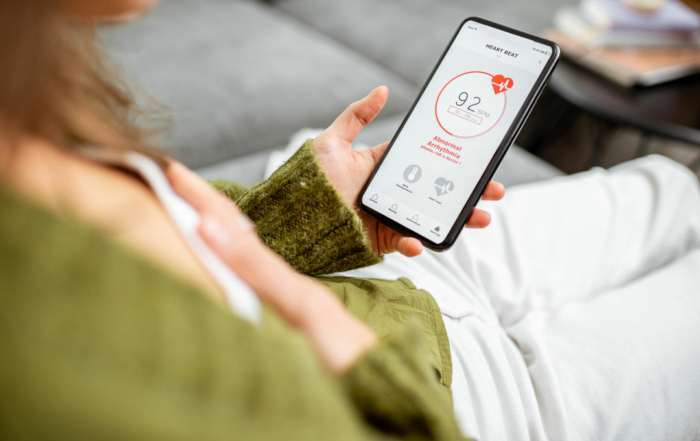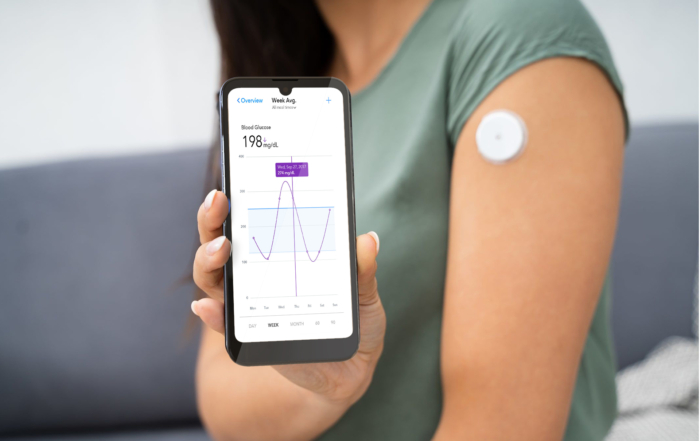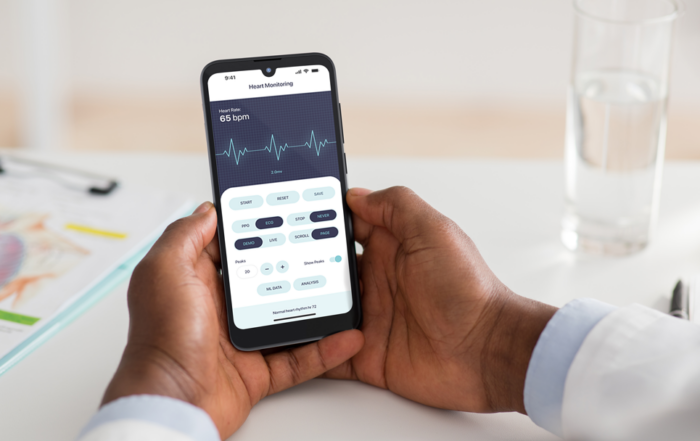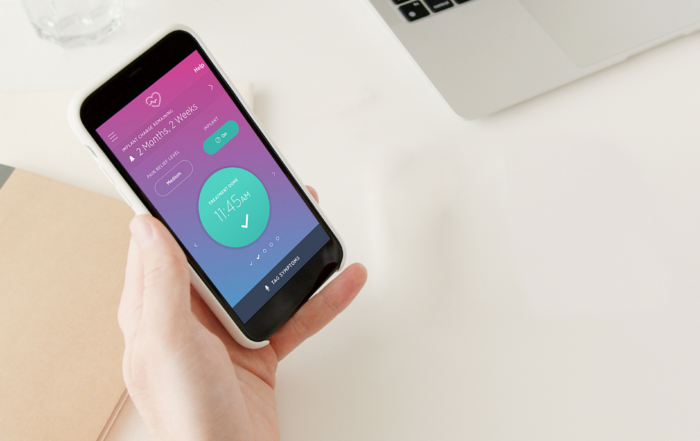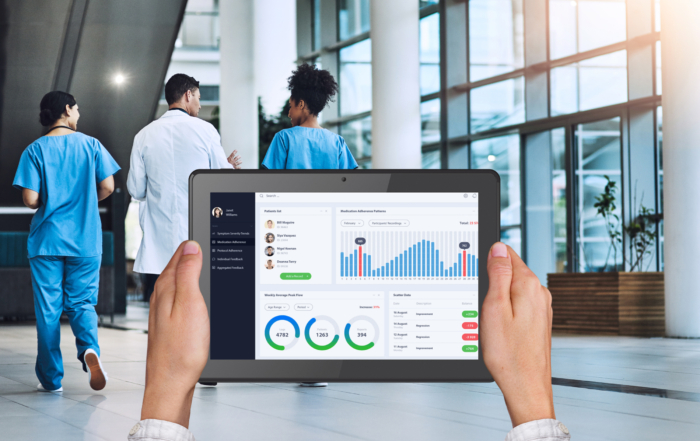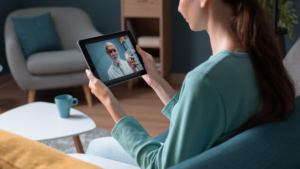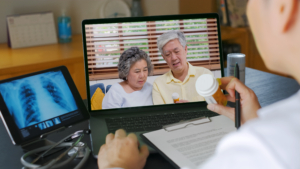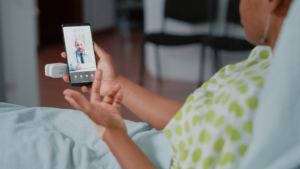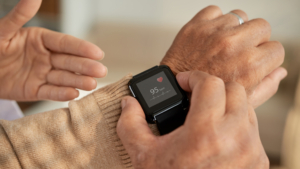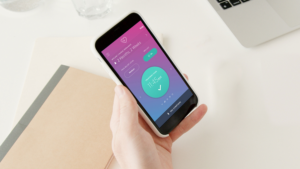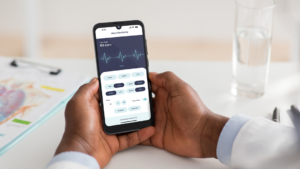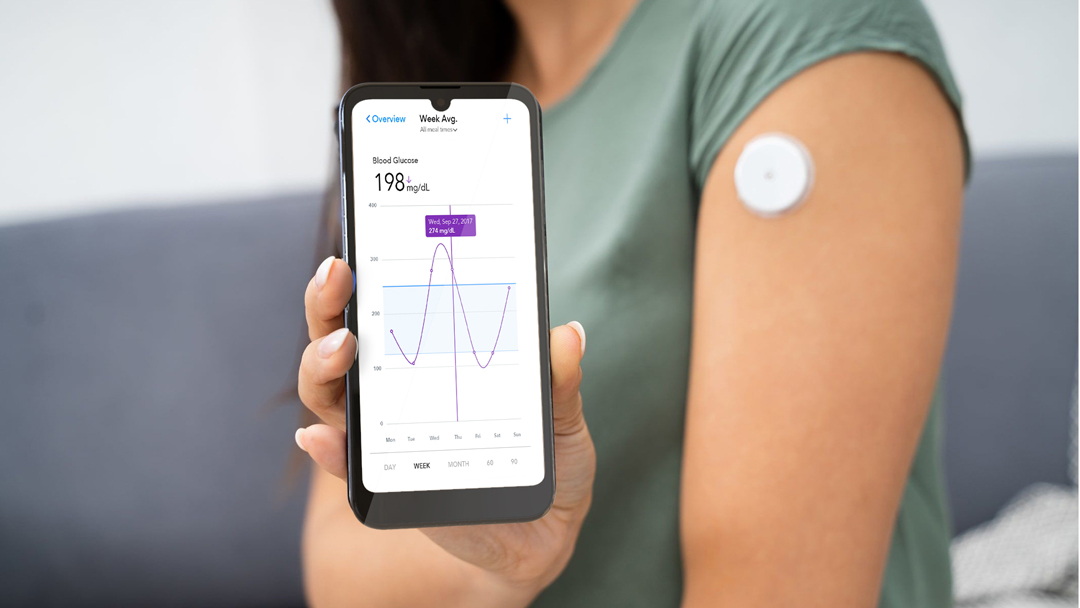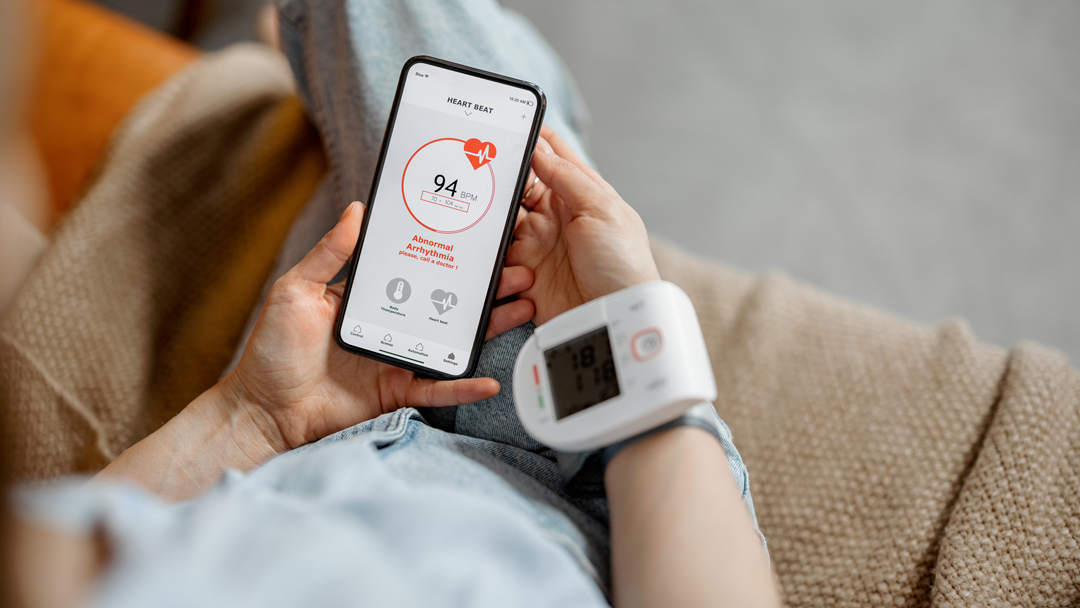Harnessing the Power of Mobile Devices for Neuromodulation Control

In the ever-evolving landscape of healthcare technology, the convergence of mobile devices and medical devices is ushering in a new era of patient-centric care. Mobile devices, particularly custom-built smartphones and tablets are revolutionizing the field of neuromodulation.
Neuromodulation has emerged as a powerful therapeutic approach for treating various neurological disorders, and leveraging mobile devices to control a neuromodulation device offers a multitude of benefits, including personalized therapy, improved patient experience, data-driven insights, and more.
The Neuromodulation Revolution
Neuromodulation, the alteration of nerve activity through targeted delivery of electrical or pharmaceutical agents, has gained immense popularity in recent years. According to a report by Research and Markets, the global neuromodulation market is projected to reach $11.6 billion by 2030, growing at a CAGR of 11.2% from 2020 to 2025. This staggering growth reflects the increasing adoption of neuromodulation therapies for various neurological and psychiatric conditions.
Neuromodulation devices come in various forms, including spinal cord stimulators, deep brain stimulators, and peripheral nerve stimulators. They offer therapeutic solutions for conditions such as chronic pain, Parkinson’s disease, epilepsy, and even depression. The flexibility of neuromodulation makes it a promising avenue for enhancing patients’ quality of life.
The Role of Mobile Devices in Neuromodulation
Custom-Built Smartphones and Tablets
While the potential of neuromodulation is clear, the question arises: How can we make these therapies more accessible and user-friendly? The answer lies in the integration of custom-built smartphones and tablets for controlling neuromodulation devices.
Custom-built mobile devices are designed with the specific needs of healthcare applications in mind. They offer several key advantages over off-the-shelf consumer devices:
- Tailored User Experience: Custom devices can be designed with an intuitive user interface tailored to healthcare professionals’ and patients’ needs, ensuring ease of use and minimizing the learning curve.
- Enhanced Security: Patient data security is non-negotiable in healthcare. Custom devices can implement robust security measures, including encryption, biometric authentication, and remote wipe capabilities, to protect sensitive information.
- Ease of Device Management: Managing a fleet of neuromodulation devices becomes more straightforward with custom-built mobile devices. They can be customized with specialized software for remote device monitoring, firmware updates, and troubleshooting.
- Guaranteed Product Availability: When it comes to critical healthcare applications like neuromodulation, reliability is paramount. Custom-built devices ensure a consistent supply chain, reducing the risk of device shortages or compatibility issues.
Benefits of Mobile Device Integration in Neuromodulation
- Improved Patient Experience: Mobile devices empower patients to have greater control over their therapy. Through a user-friendly app on their custom-built smartphone or tablet, they can adjust stimulation settings, monitor battery levels, and even log their symptoms. This level of control fosters a sense of empowerment and engagement in their treatment.
- Remote Monitoring and Telehealth: Mobile devices enable healthcare providers to remotely monitor patients’ progress and make real-time adjustments to therapy settings, reducing the need for frequent in-person visits. Telehealth capabilities further enhance patient-provider communication, making healthcare more accessible.
- Personalized Therapy: Custom-built mobile devices facilitate the creation of personalized therapy plans. By analyzing patient data and responses to neuromodulation, healthcare providers can fine-tune treatment parameters, optimizing outcomes.
- Data-driven Insights: Mobile device integration allows for the collection of extensive data on patient responses to neuromodulation therapy. This data can be analyzed to identify trends, develop predictive models, and refine treatment protocols, ultimately leading to more effective therapies.
- Patient Education and Compliance: Custom apps on mobile devices can provide patients with educational resources, reminders for therapy sessions, and tools to track their progress. This enhances patient compliance and ensures they are actively engaged in their treatment journey.
- Enhanced Research Opportunities: The wealth of data generated by mobile device-integrated neuromodulation opens new avenues for research and clinical trials. Researchers can access anonymized data to gain insights into treatment efficacy and long-term outcomes.
Start Customizing Your Neuromodulator Device with Social Mobile
The integration of custom-built smartphones and tablets into the field of neuromodulation represents a significant leap forward in patient-centered healthcare. The growth of neuromodulation and its diverse applications indicate that it is a field with immense potential to transform lives.
By harnessing the power of custom-built mobile devices, we can guarantee product availability, enhance security, and simplify device management. Patients benefit from improved control over their therapy, while healthcare providers gain valuable insights for optimizing treatment outcomes. As neuromodulation continues to evolve and expand its reach, the synergy with mobile technology will undoubtedly play a pivotal role in shaping the future of healthcare.
GET A QUOTE.
Let’s start designing your custom enterprise mobility solution.

How We Built a Custom Vaccine Management Solution for VaxCare
Social Mobile developed and deployed the first ever, Google-certified vaccine management solution – a comprehensive medical device integrating a medical-grade Android tablet with an integrated barcode scanner to help improve the operational inefficiencies associated with vaccine inventory management.
